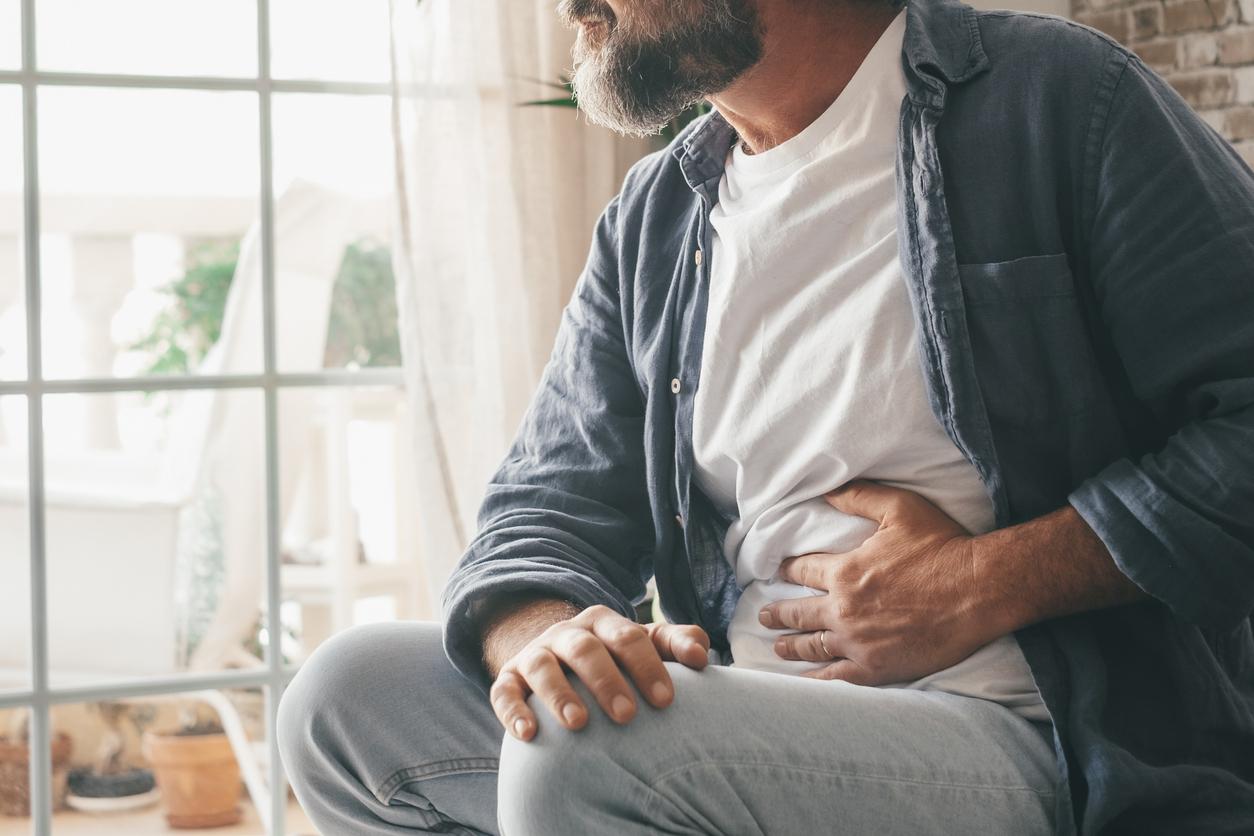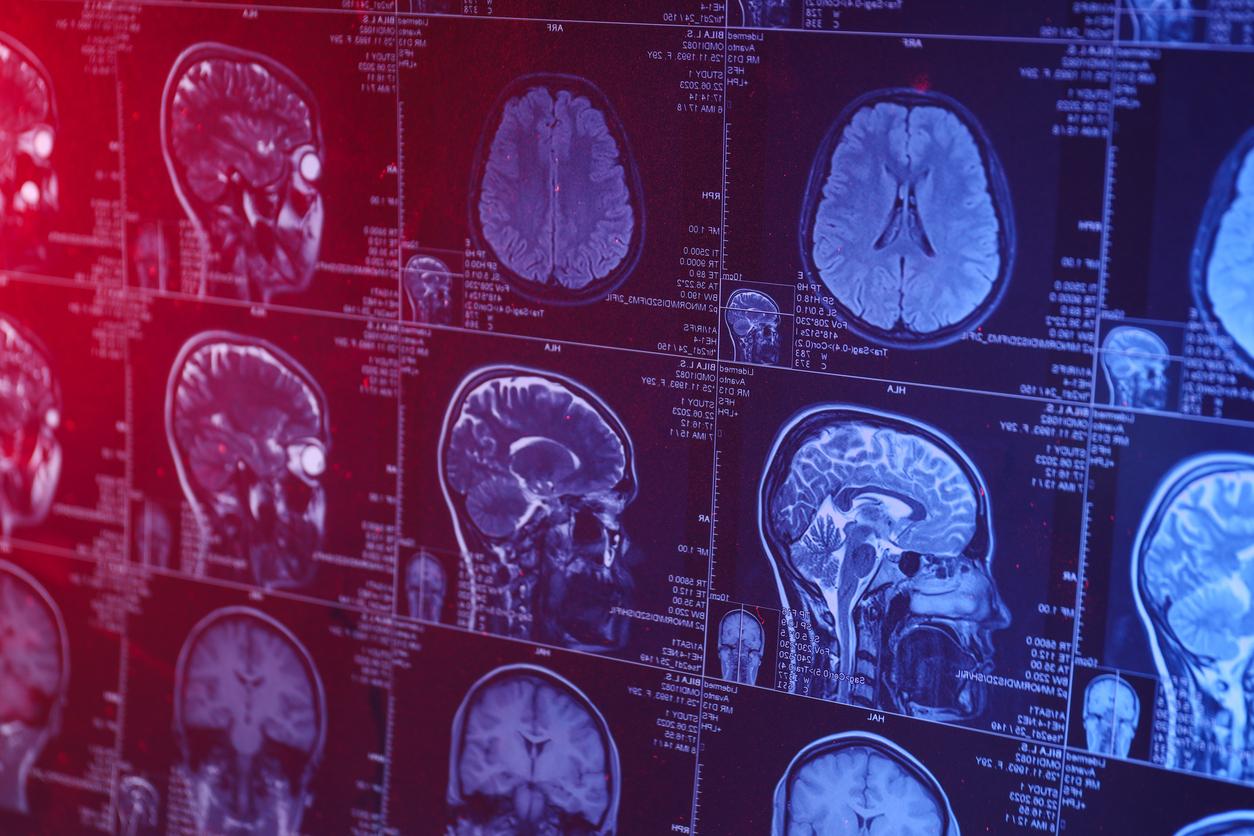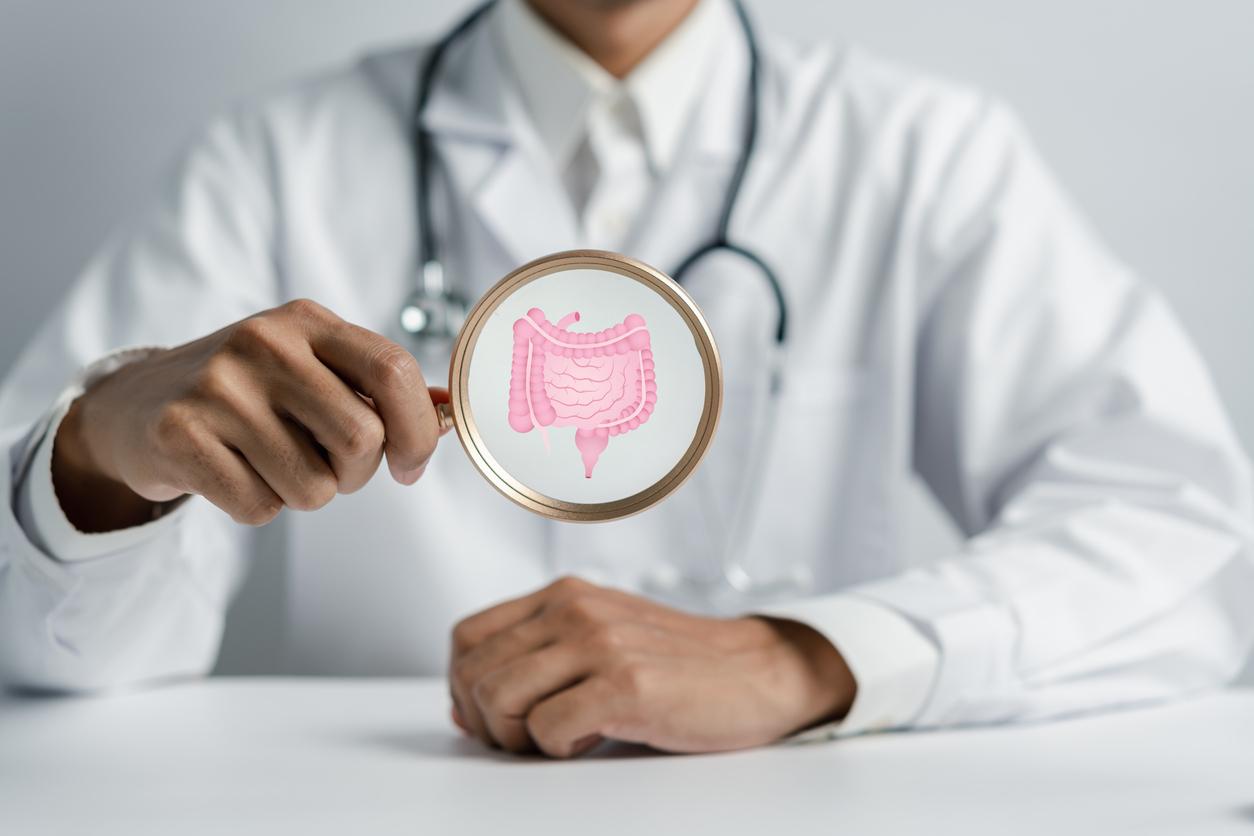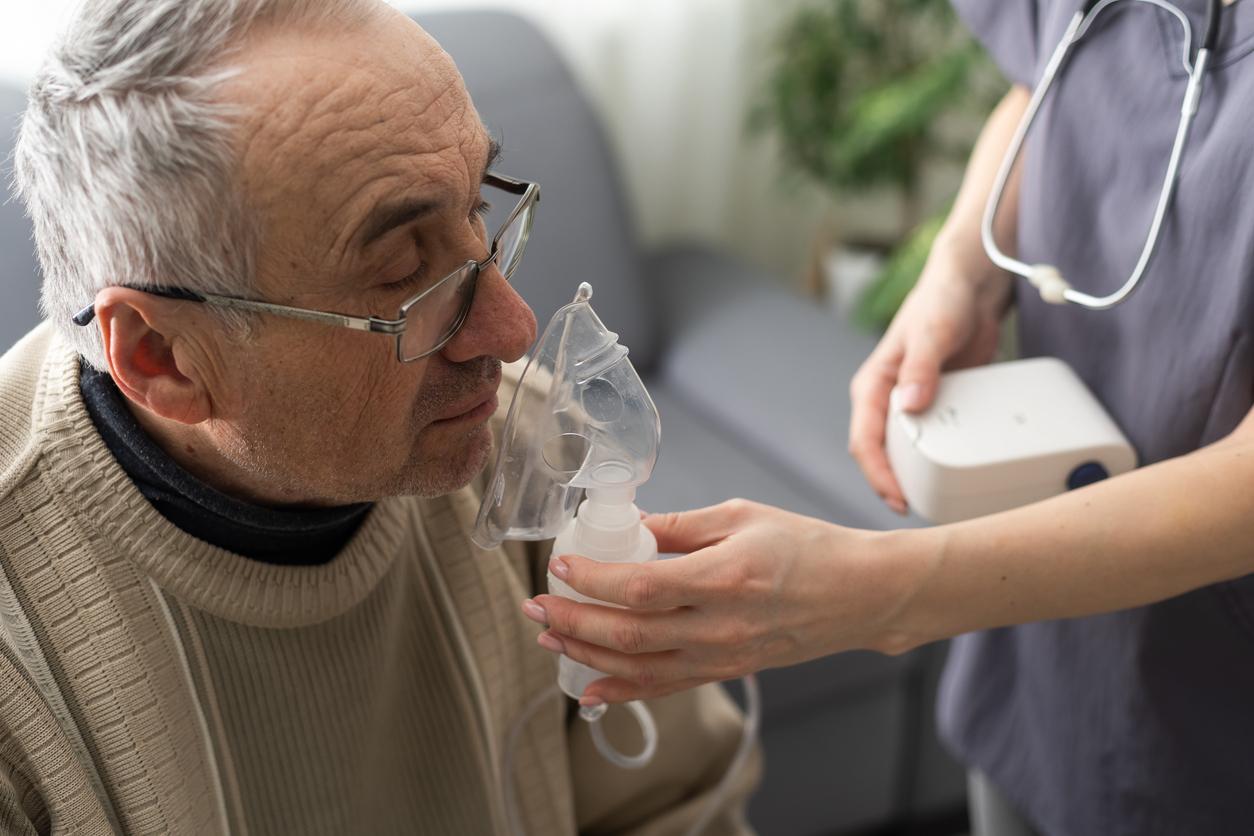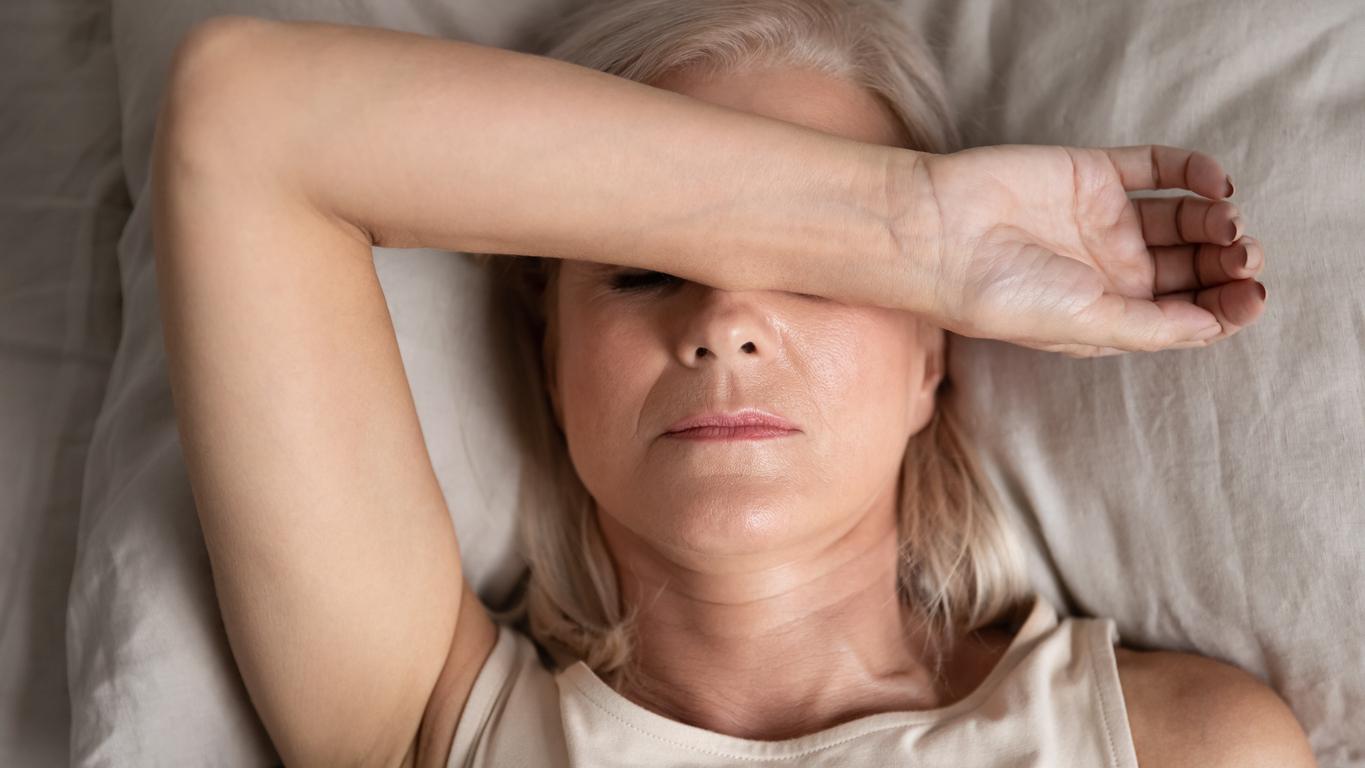
And tips to prevent bladder problems
Your bladder has two functions: it stores and drains urine. There is about 350 to 500 ml. urine in your bladder, then you get the signal that you need to urinate. But unfortunately that doesn’t always go well. Five common bladder problems and tips to prevent them.
Problem 1: Urinary Incontinence
Urinary leakage is more common than you think. You can’t hold your pee properly, for example when you laugh or sneeze, or you suddenly feel the urge to pee and don’t make it to the toilet. About a quarter to half of all women sometimes suffer from involuntary leakage of urine and it is also common in men, especially in old age.
The causes of urine leakage are diverse. In men, it is often caused by an enlarged prostate. Women often experience it during pregnancy or after giving birth. Vaginal infections can also be the culprit. But weakened pelvic floor muscles, obesity, constipation and even diet can also be related.
Depending on the cause, urine leakage may go away on its own. If not, talk to your doctor, as there are often options to stop or at least significantly reduce urinary incontinence. Think of lifestyle changes, a referral to a pelvic physiotherapist, medication or a surgical procedure.
Problem 2: An Overactive Bladder
Frequent urination, occasional loss of urine, and perhaps constipation and pain during sex are all symptoms of overactive bladder (OAB). Both men and women can suffer from this. Characteristic of an overactive bladder is the uncontrolled contraction of the bladder muscle or the feeling of having it. It is more common after menopause and with an enlarged prostate, but there are more risk factors for OAB. A visit to your doctor and possibly a referral to a urologist is the best way to treat an overactive bladder. He or she can help you further, because there are various ways to reduce the complaints.
Problem 3: a urinary tract infection
A urinary tract infection is an infection or inflammation of the lining of the urinary tract. The urinary tract consists of the renal pelvis, ureters, bladder, and urethra. An infection occurs when bacteria – usually from the gastrointestinal tract – attach themselves to the opening of the urethra. As they ascend into the urethra, they begin to multiply. This can cause the following complaints:
- A burning sensation when urinating
- Frequent urination of small amounts
- Frequent false urge to urinate
- Pain in your lower back or abdomen
- Sometimes blood in the urine
The following symptoms can also occur in the elderly:
- Fever (sometimes even the only symptom)
- Lack of appetite
- lethargy
- Confusion
It is important to tackle a urinary tract infection in time to prevent kidney inflammation from developing, which can lead to kidney damage. In the case of a mild infection, it is especially necessary to drink a lot to flush the urinary tract. If you are unable to drink the inflammation away or if it persists, the only way is to see your doctor who may prescribe a course of antibiotics.
Problem 4: Cystitis
In a urinary tract infection, the lining of the urinary tract is inflamed. An infection of the lower urinary tract is called cystitis. Drinking enough water is also an important way to tackle the problem. If this doesn’t help, it’s best to see your doctor. Antibiotics are the first option, but there are also other solutions, especially for recurring bladder infections, such as bladder irrigations, local hormones, lifestyle advice and exercises.
Problem 5: Bladder Cancer
Bladder cancer (bladder carcinoma) is diagnosed on average 6900 times a year in the Netherlands. It is three times more common in men than in women. Bladder cancer is an uncontrolled growth of cells from the inner lining of the bladder (the urothelium). Two types of bladder cancer can be distinguished: non-ingrowing into the bladder muscle (non-muscle-invasive) and in-growing into the bladder muscle (muscle-invasive bladder cancer). Which form it is determines the prognosis and treatment.
The most common complaint of bladder cancer is blood in the urine. That is (unless you have your period as a woman) always a reason to go to the doctor. However, don’t immediately think the worst when it comes to blood in the urine; it doesn’t have to be bladder cancer. It can also be the result of certain medications, a bladder infection or, for example, a mild bleeding in the urinary tract.
Tips to prevent (most) bladder problems
- Drink enough water
- Don’t hold your pee for too long
- Do pelvic floor muscle exercises
- Maintain a healthy weight
- After going to the toilet, wipe from front to back
- Don’t smoke, 30 to 40 percent of people with bladder cancer got the disease because they smoked. Smokers are about 3 times more likely to develop bladder cancer than non-smokers.
- Eat healthy and varied, with enough fiber
Sources):
-
- Kanker.nl











